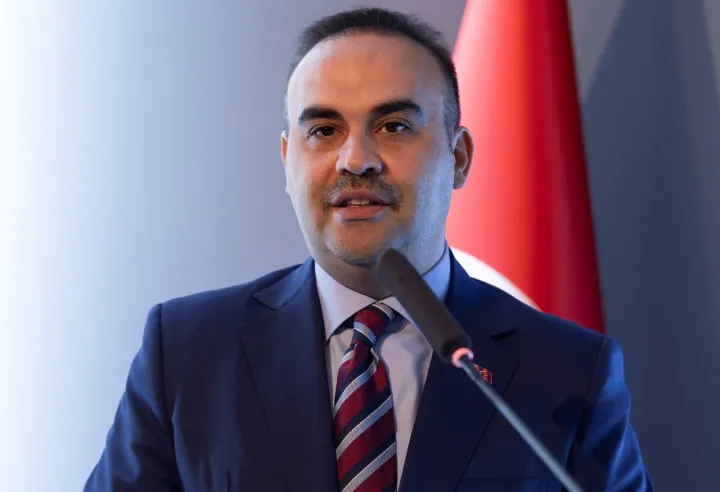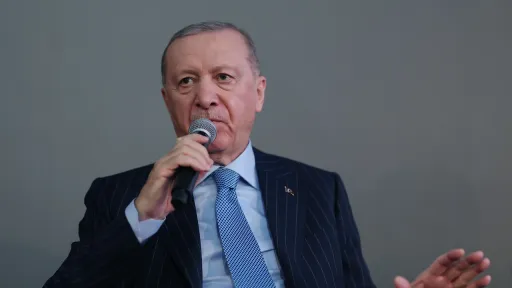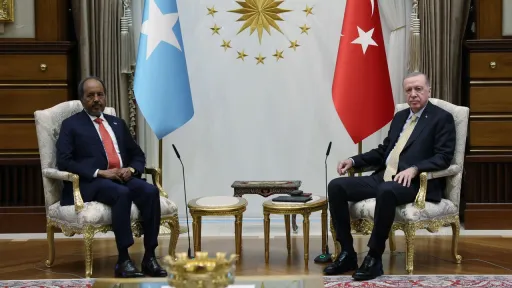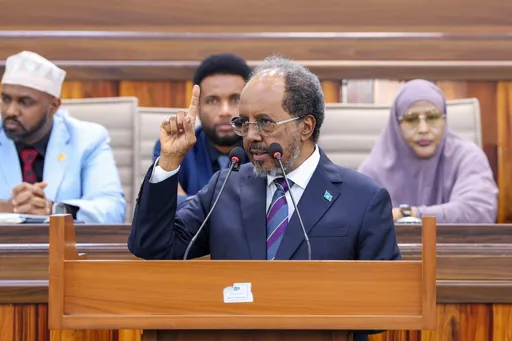Violent clashes persisted in Sudan late on Tuesday despite a 24-hour ceasefire agreement after a weeks-long power struggle erupted into battles on Saturday between the forces of two generals who seized power in a 2021 coup: army chief Abdel Fattah al-Burhan and his deputy, Mohamed Hamdan Daglo, who commands the paramilitary Rapid Support Forces (RSF).
Shortly after the truce was due to take effect, armed factions loyal to either generals engaged in combat to seize strategic areas in the capital Khartoum, while each side blamed the other for violating the ceasefire.
By 1600 GMT, the time of the supposed start to the ceasefire, gunfire could still be heard throughout the capital Khartoum, according to several witnesses, and it continued into the evening.
"As of now the fighting in Sudan, including Khartoum and various other locations, is continuing. No sign of real abatement of the fighting," the spokesman for United Nations Secretary-General Antonio Guterres said.
Both the official army and the opposing paramilitary Rapid Support Forces (RSF) released statements blaming each other for not adhering to the ceasefire agreement.
The army's top leadership announced that it would proceed with its mission to safeguard the capital and other parts of the country.
Aid groups have reported looting of medical and other supplies.
There are fears of regional spillover from the conflict that has included air strikes and artillery fire.
According to witnesses, pickup trucks carrying anti-aircraft guns - stationed in residential areas of Khartoum - were resupplied with ammunition on Tuesday morning.
Trying to keep 'our sanity intact'
Office and residential buildings in the city have been left with shattered windows and facades riddled with bullets.
Terrified residents of the capital are spending the holiest final days of Ramadan sheltering as tanks roll through the streets, buildings shake, and smoke from fires triggered by the fighting hangs in the air.
Others are fleeing.
"We haven't slept in the past four days," Khartoum resident Dallia Mohamed Abdelmoniem said, adding her family had been staying indoors "trying to keep our sanity intact".
Families waited on Tuesday, heavy suitcases in hand, for the few buses heading south from the capital, according to AFP reporters, as more people use rare lulls in the fighting to escape Khartoum.
Many have lost power and internet connections, and when they do get online - searching for accurate news about attacks, reported looting, how safe it is to move and what pharmacies are still open - they face proliferating misinformation on social media.
The latest toll is at least 185 people killed and more than 1,800 injured, according to the UN.
The true number is thought to be far higher, with many wounded unable to reach hospitals, which are themselves being shelled, according to the official doctors' union.
World Health Organization (WHO) chief Tedros Adhanom Ghebreyesus condemned "disturbing reports of some health facilities being looted and others being used for military purposes".
Civilians are running out of food as the few grocery stores that remain open have been unable to replenish dwindling stocks.
The Red Cross and WHO stressed Tuesday the need for humanitarian aid corridors.
The battles that began Saturday followed bitter disagreements between Burhan and Daglo over the planned integration of the RSF into the regular army - a key condition for a final deal aimed at resuming the democratic transition.
Both claim to be in control of key sites, including the airport and the presidential palace - none of which could be independently verified.
























